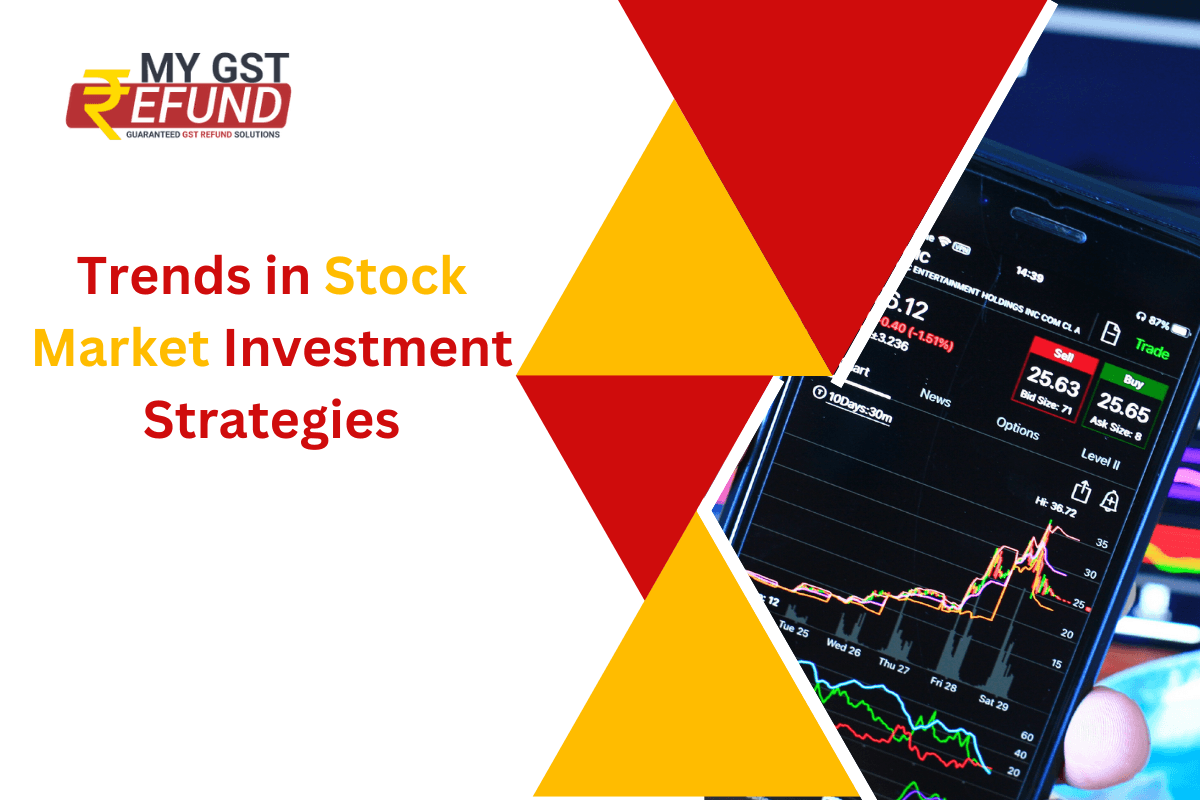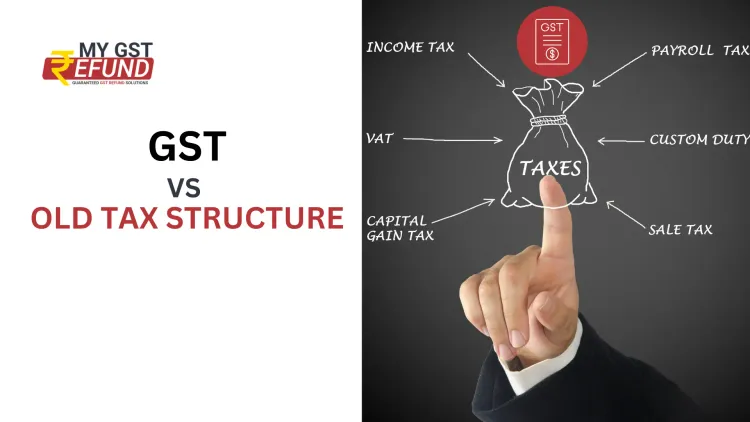Trends in Stock Market Investment Strategies
Published on: Wed Nov 15 2023
The world of stock market investment is in a constant state of flux, influenced by various factors such as economic conditions, technological advancements, and changing investor behavior. In this article, we will explore the latest trends in stock market investment strategies that are shaping the way investors approach the market. Understanding these trends is crucial for both new and experienced investors seeking to optimize their portfolios and stay ahead of the curve.
Passive Investing Dominance
One of the most significant trends in recent years is the dominance of passive investing strategies, particularly through exchange-traded funds (ETFs) and index funds. Investors are increasingly drawn to low-cost, diversified options that track market indices, like the S&P 500, as a means of achieving stable returns while minimizing fees and reducing stock-specific risks.
Factor Investing
Factor investing is a strategy that focuses on specific stock characteristics or factors, such as value, growth, momentum, and quality, to build portfolios. Investors are utilizing quantitative models and data analytics to identify these factors and create more tailored investment strategies. This trend allows investors to target specific risk and return profiles in their portfolios.
ESG Investing
Environmental, Social, and Governance (ESG) investing has gained significant traction. Investors are now considering a company's ethical, social, and environmental impact alongside its financial performance. This trend reflects a growing emphasis on sustainability and corporate responsibility in investment decisions.
Sustainable indices, such as the Dow Jones Sustainability Index (DJSI) and the MSCI ESG Indices, have gained prominence. These indices track the performance of companies meeting specific ESG criteria, providing investors with benchmarks for sustainable investments. Additionally, ESG rating agencies assess and score companies based on their ESG practices, offering investors a quantitative measure of sustainability performance.
Robo-Advisors and Algorithmic Trading
Advancements in technology have given rise to robo-advisors and algorithmic trading strategies. Robo-advisors use algorithms to create and manage diversified portfolios for investors with minimal human intervention, while algorithmic trading strategies employ computer programs to execute trades based on predefined criteria. These strategies offer efficiency and precision, making them attractive to tech-savvy investors.
The future of robo-advisors and algorithmic trading is likely to be shaped by advancements in artificial intelligence (AI) and machine learning. AI-driven algorithms can enhance predictive analytics, enabling more sophisticated strategies that adapt to complex market scenarios. Additionally, the integration of ethical considerations and sustainability criteria into algorithmic trading strategies is gaining attention, reflecting broader trends in responsible investing.
Alternative Investments
Traditional stock and bond investments face competition from alternative investments such as real estate, private equity, cryptocurrencies, and commodities. Diversification into these alternative assets can mitigate risk and potentially enhance returns, especially in turbulent market conditions.
Alternative investments encompass a broad range of assets beyond conventional stocks and bonds. These can include:
Real Estate: Direct ownership, real estate investment trusts (REITs), or real estate crowdfunding.
Private Equity: Investments in private companies or funds that invest in private businesses.
Hedge Funds: Pooled funds that use various strategies to generate returns for their investors.
Venture Capital: Investing in startups and small companies with high growth potential.
Commodities: Physical goods such as precious metals, agricultural products, or energy resources.
Cryptocurrencies: Digital or virtual currencies like Bitcoin and Ethereum.
Quantitative Investing
Quantitative investing relies on quantitative analysis rather than traditional fundamental analysis or subjective judgment. It involves the use of mathematical models and statistical techniques to identify patterns, trends, and anomalies in financial markets. Quantitative investors often employ algorithms to execute trades based on predefined criteria.
Core Components of Quantitative Investing
Data Analysis: Quantitative investors analyze vast amounts of historical and real-time market data to identify patterns and correlations. This includes price movements, trading volumes, economic indicators, and other relevant financial metrics.
Algorithmic Models: Quantitative models, often developed by mathematicians, statisticians, and computer scientists, form the foundation of quantitative investing. These models use mathematical formulas and statistical techniques to make predictions about future market movements.
Risk Management Strategies: Quantitative investors employ sophisticated risk management techniques to control exposure and protect portfolios from adverse market conditions. This includes diversification, stop-loss orders, and position sizing strategies.
Options and Derivatives Strategies
Investors are turning to options and derivatives strategies to manage risk and enhance returns. Strategies like covered calls, protective puts, and straddle options allow investors to tailor their positions and protect against market volatility. Understanding these derivatives has become essential for those looking to navigate complex market conditions.
Searching for Expert GST Compliance Services? MYGST REFUND Delivers GST Refunds for Businesses, Exporters, TCS and TDS Refunds, Inverted Duty Structure Refunds, Handling GST Notices, Technical Replies, and More, even if your GST application is rejected. Contact us today to explore your options.
Related Posts





